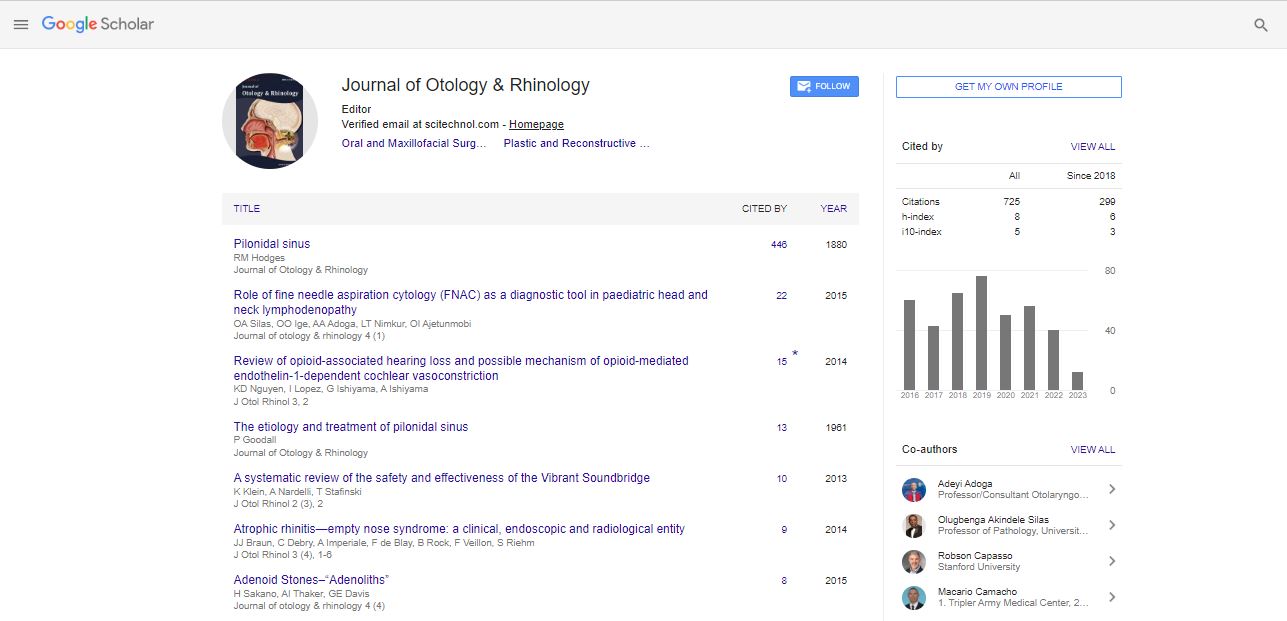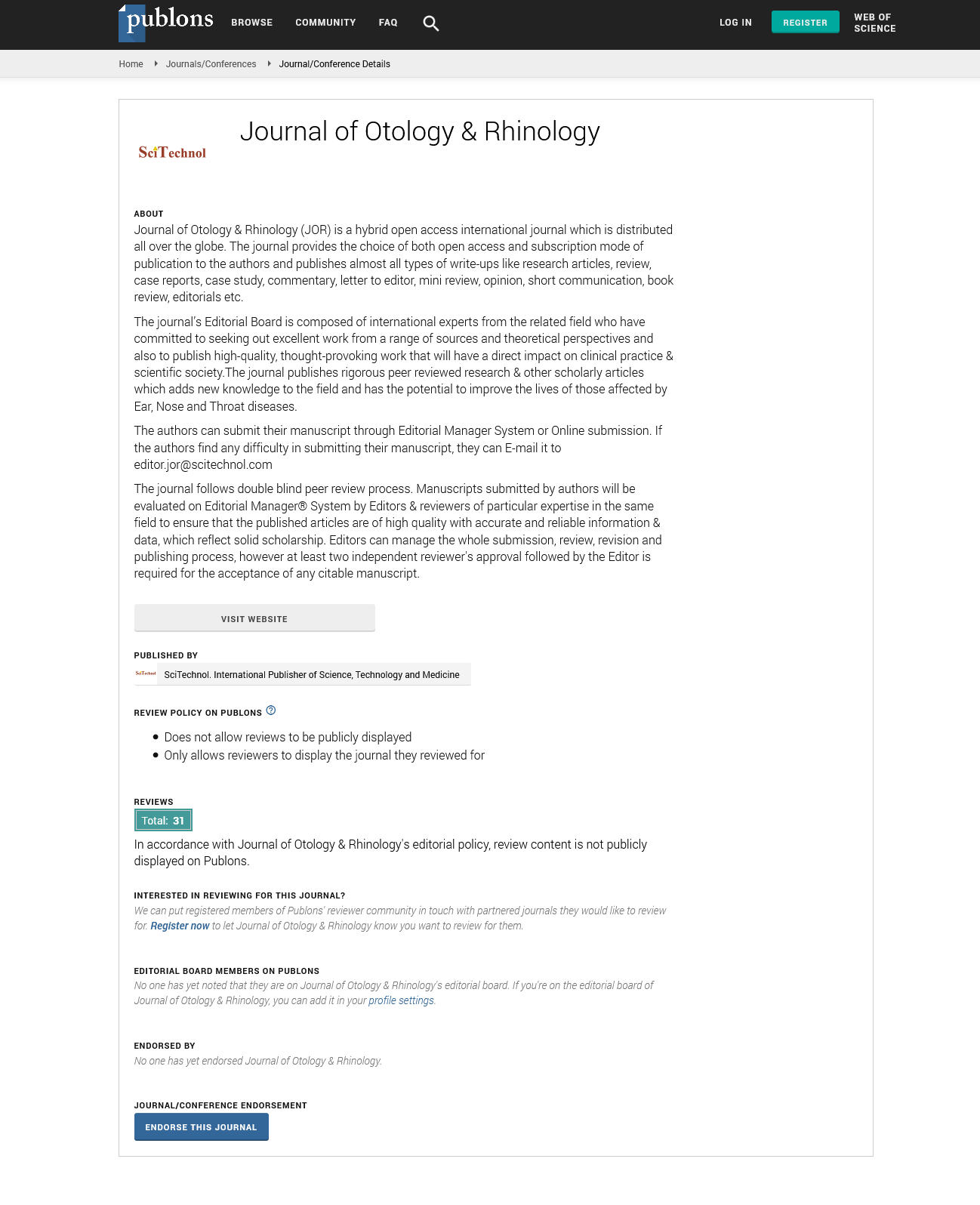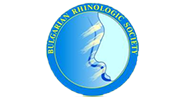The future of brain implants: minimally invasive, nano-scale neuro-chips implanted using ENT surgery techniques
Newton Howard
Oxford University, UK
: J Otol Rhinol
Abstract
Neuroscientist Newton Howard has recently taken a step forward in artificial intelligence (AI) technology. Dr. Howard leads an experienced team in developing an artificial brain using artificial intelligence. Together, they have successfully developed a prototype of a nanoscale, AI-powered, artificial brain in the form factor of a high-bandwidth neural implant. Once implanted through a minimally invasive ENT technique, the device uses a combination of methods to write to the brain, including pulsed electricity, light and various molecules that will stimulate or inhibit the activation of specific neuronal groups. The team’s ultimate goal is to use the device to treat patients with neurological, psychiatric, and psychological disorders, but it will likely see initial therapeutic uses in treating patients with traumatic brain injuries and neurodegenerative disorders, such as Alzheimer’s, as the device, also referred to as a Biological Co-Processor, will strengthen the weak, shortening connections responsible for lost memories and skills. Once implanted, the device provides a closed-loop, self-learning platform able to both determine and administer the perfect balance of pharmaceutical, electroceutical, genomeceutical, and optoceutical therapies. The team hopes this new technological advancement will help to ease patient’s suffering and contribute to the vastly growing fields of healthcare and neuroscience.
 Spanish
Spanish  Chinese
Chinese  Russian
Russian  German
German  French
French  Japanese
Japanese  Portuguese
Portuguese  Hindi
Hindi 


